History of Soul Series
The Atlantic Records Story
Many lovers of 60s soul music believe the big rivalry in R&B music recording & production were Motown Records in Detroit Michigan & Stax Records in Memphis Tennessee.
But the biggest fish in the soul music pond was Atlantic/Atco Records based in New York City. Atlantic Records producer Jerry Wexler began signing R&B black artists in 1952 and it was Wexler himself who coined the term "rhythm & blues." Among the earliest Atlantic recording artists were Solomon Burke, The Coasters, The Drifters & Big Joe Turner.
Atlantic records had a reputation for treating their artists, studio musicians, sound engineers and even the front office switchboard operator with respect and paying every employee a fair wage. In an era when recording artists most commonly complained about little or no royalty payments, Atlantic artists were given a fair cut of their royalty payments in a timely manner. "Atlantic even instituted an affirmative action program in 1952, in an era where Jim Crow was the law of the land and the only jobs for black folks in most corporate offices were sweeping the floors & cleaning the toilets.
From 1961 until 1968 Alantic/Atco & Stax records were in a business partnership, and the was some movement of artists from Atlantic to Stax & vice versa.
Otis Redding actually recorded most of his albums on the Volt Records label which was a subsidiary of Stax. Volt was created as a result of the newly formed partnership with Atlantic/Atco. Volt Records was created primarily to accommodate Stax's biggest star, Otis Redding. At the time, the strict rules on payola only allowed a radio station to have two songs in their play rotation by any one given label, so Volt was created as a subsidiary label so the prolific Mr. Redding always had a song in rotation at the radio stations. Atlantic Records created Atco Records for the same purpose.
Atlantic Records was founded in 1947 in New York City by Ahmet Ertegun. Ahmet was the son of Turkish immigrants and a fanatical fan of American jazz and rhytym & blues. In 1944 Ahmet's parents moved back to Turket but Ahmet remained in the USA doing graduate studies at Georgetown University but in reality Entegun was spending most of his time following his musical passion and attempting to form a startup label to record black music artists he idolized.
 A dapper looking Ahmet Ertegun posed for this 1950 photo
A dapper looking Ahmet Ertegun posed for this 1950 photo
According to Ertegun biographers Dorothy Wade & Justine Picardie, The label's original office in the Ritz Hotel, Manhattan proved too expensive so they relocated to an $85 per month room in the Hotel Jefferson. In the early fifties Atlantic moved from the Hotel Jefferson to offices at 301 West 54th St and then to its best-known home at 356 West 56th St.
At first Atlantic was primarily devoted to recording modern jazz musicians like John Coltrane, Dizzy Gillespie, Art Pepper & James Moody but with the growing influence of producer Jerry Wexler & sound engineer Tom Dowd, Atlantic became the first label to market black rhythm & blues music to a white audience. Prior to WWII black musicians were ghettoized on race labels which marketed 78 rpm singles of jazz and blues music almost exclusively to black audiences. [/FONT]
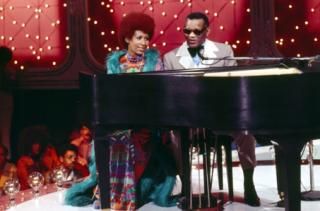
For most of the '60s & '70s Aretha Franklin & Ray Charles were Atlantic Records reigning superstars.
Ray Charles and Aretha Franklin were Atlantic Records premier R&B artists. Ray Charles' crossed over to a large white audience of mostly jazz and blues fans in the early Sixties but Aretha was the first Atlantic R&B artist to break through to large white cross-over audience when her single Respect became a million selling #1 hit. It was three years after the Supremes became the first Motown group to cross over to a large white audience when their 1964 single Where Did Our Love Go. Most think it took Aretha longer to capture a large cross-over audience because it took whites a few years to acclimate their ears to the raw power of her gospel trained singing voice.
Roster of Atlantic/Atco Soul Music Artists
Aretha Franklin
Recommended Recordings
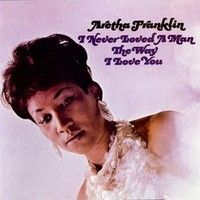 I Never Loved A Man The Way I Love You (1967)
I Never Loved A Man The Way I Love You (1967)
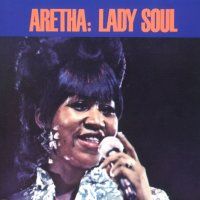 Lady Soul
Lady Soul (1968)
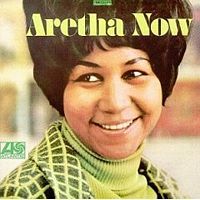 Aretha Today
Aretha Today (1968)
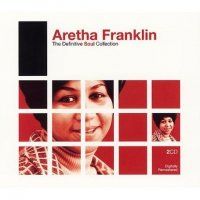 The Definitive Soul Collection
The Definitive Soul Collection (2007)
Aretha was such a prolific artist that it's impossible to the evaluate the depth of her music with single anthology collection. The trilogy of 1967-1968 albums listed above are her most critically acclaimed, but only a small three of the 29 albums she made up until the rising popularity of disco music put her recording career into a tailspin.
The Definitive Soul Collection, a double cd collection of her career spanning hits is the best buy for a collection of her music.
Ray Charles
Recommended Recordings:
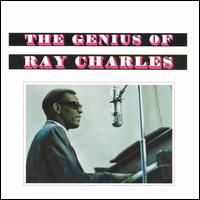 The Genius of Ray Charles
The Genius of Ray Charles (1959)
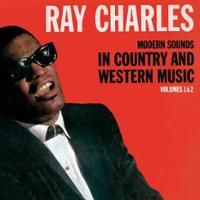 The Modern Sounds In Country and Western Music Vol I & II (1962)
The Modern Sounds In Country and Western Music Vol I & II (1962)
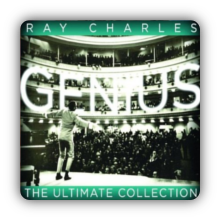 Genius The Ultimate Ray Charles Collectio
Genius The Ultimate Ray Charles Collection (2009)
Like Aretha, the long span of Ray Charles' career can't be summarized by single anthology or a couple of his best album. The 1959 album
The Genius of Ray Charles show how deeply Ray's music is rooted in jazz, blues, and gospel, in addition to R&B.
Ray's most critically acclaimed album was (believe or not) a collection of country & western standards.
Modern Sounds In Country and Western Music was recorded in one session a first volume was released early in 1962 and the second volume came out later in the year. (Double albums were unheard of in pop music until the Dylan released
Blonde on Blonde in June of 1966). The high quality sound fidelity on 19 songs on the
Genius anthology simply floored me. In the mid 70's while still in my teens, one of the first albums I bought was titled
Ray Charles' Greatest Hits on 8-track. It was the state of the art sound back then, but the pristine sound on the 2009
Genius anthology is light years away from that earlier 8 track collection.
Wilson Pickett
Recommended Recording:
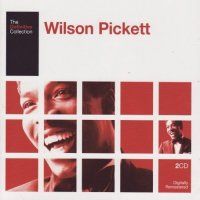 The Definitive Soul Collection (2006)
The Definitive Soul Collection (2006)
Wilson Pickett was frequently compared to Otis Redding during his career and both men and both men sang a rawer Southern form of soul music of the kind played in Georgia, Mississippi & Alabama. Wilson also recorded his music at the Stax recording studio by special arrangement, so Wilson was working with the same group of Stax musicians on his sessions as Otis used. At the pinnacle of his career between 1965 and 1968, Wilson Pickett was keeping up with Aretha's non stop run of top ten singles. The 30 songs of Rhino's remastered
Definitive Soul Collection an excellent anthology of Pickett's glory years at Atlantic.
=================
COMING TOMORROW! I'll finish up the Atlantic Records Story but posting album recommendation for many Atlantic's 2nd tier soul artists like The Drifters, The Coasters, Don Covay, and Sam & Dave."]
















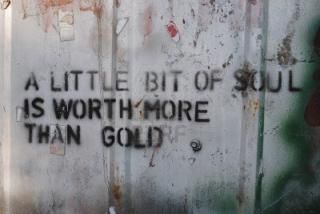










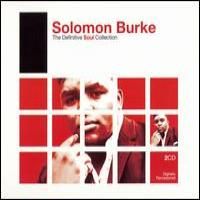
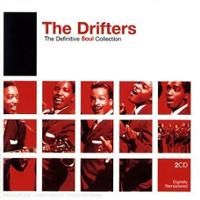
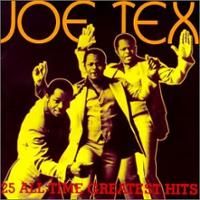
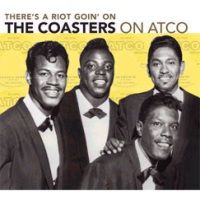
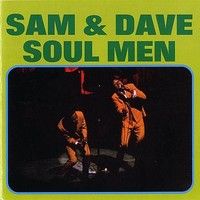
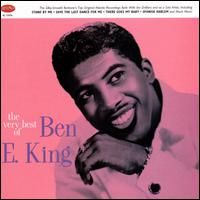
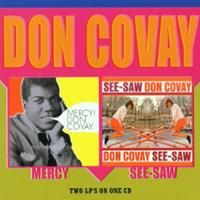
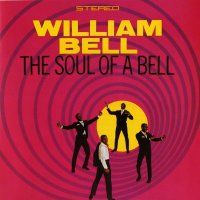
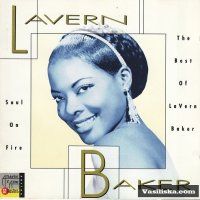
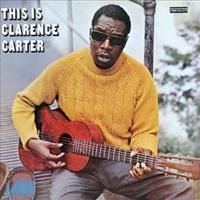
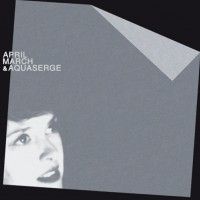

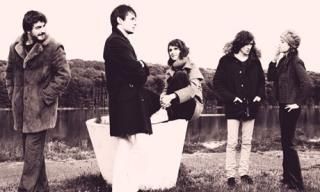
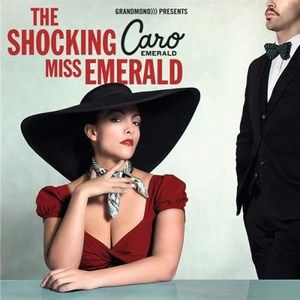

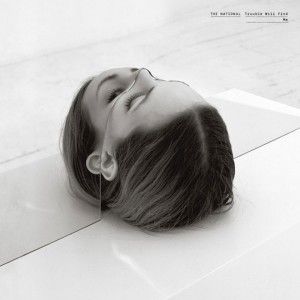
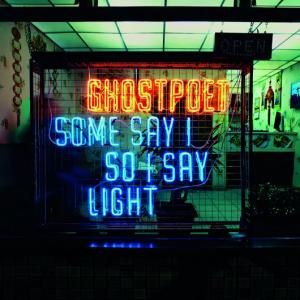
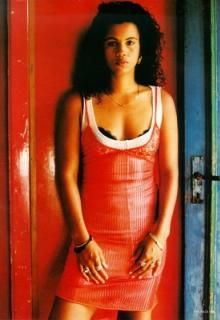

 Linear Mode
Linear Mode
